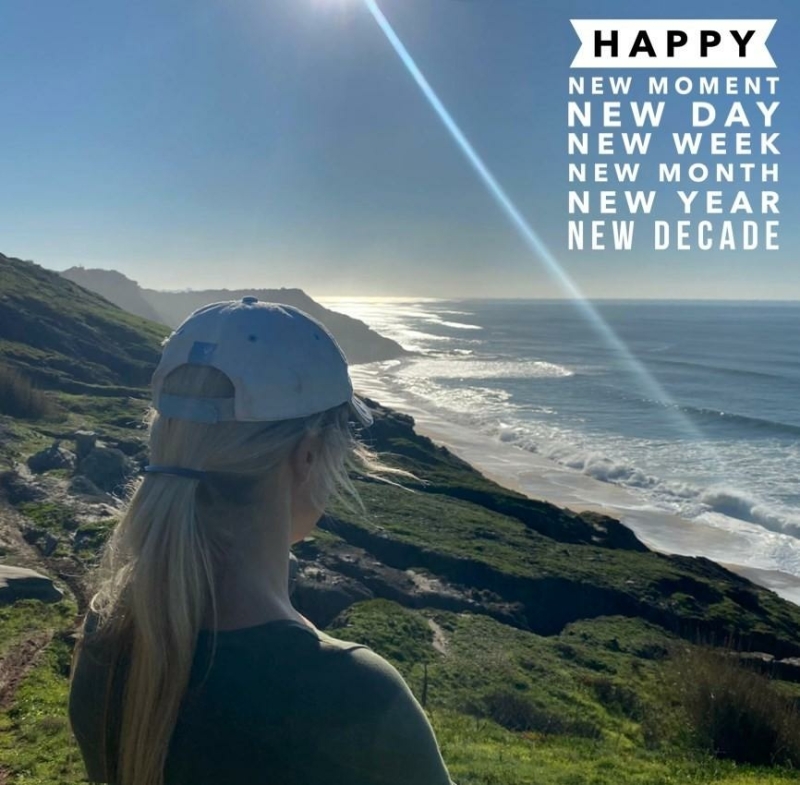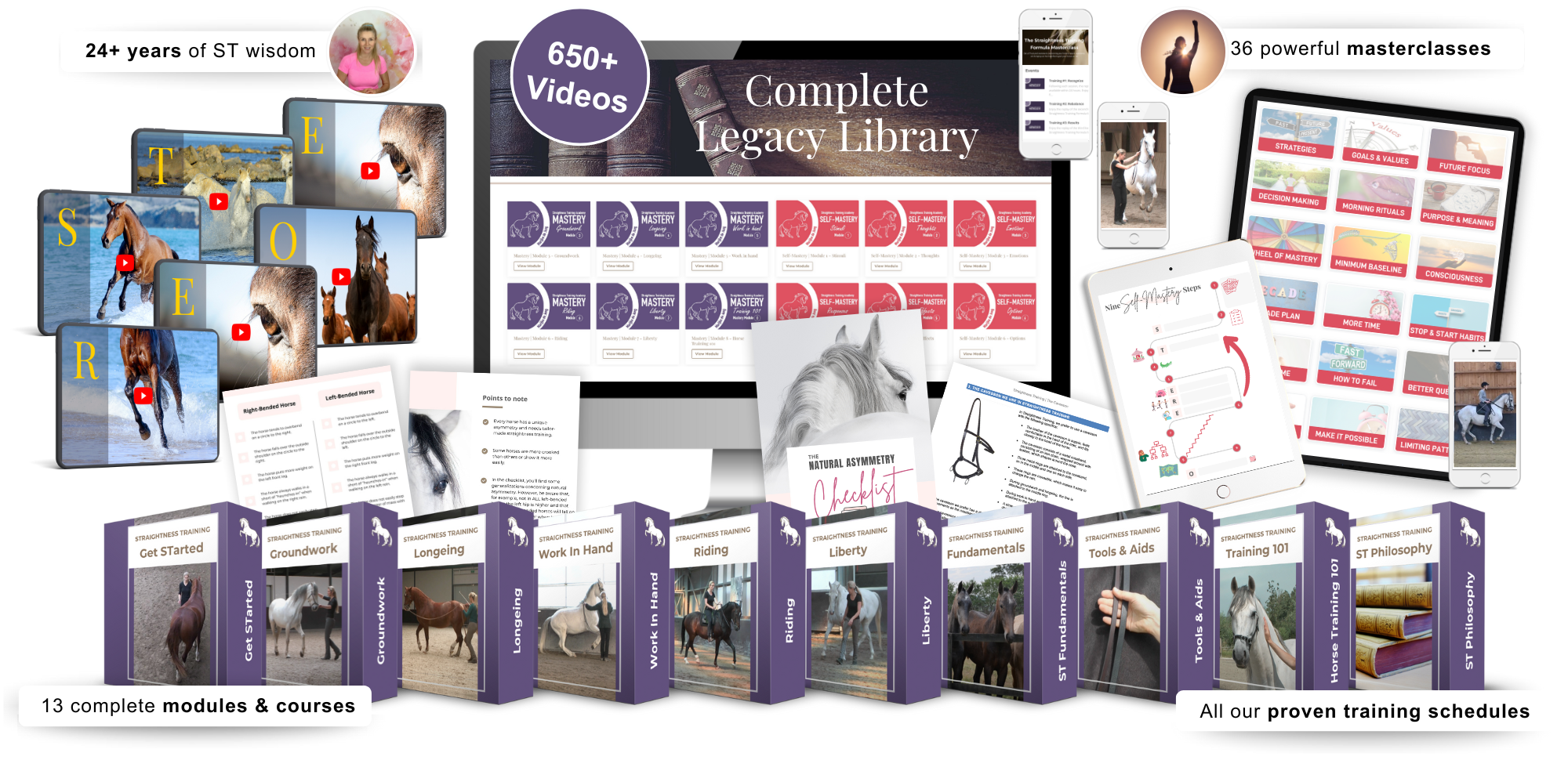- Which “timeline” do you use?
- A. The “skyline” timeline ↔️
- B. The “skateboard” timeline
- What’s The Effect?
- What Happens If We Keep Reviewing The Past?
- What’s the Long-Term “Waste”?
- What Could Be Done Instead?
- Not Enough Time?
- “It’s Always Me!”
- Strategy #1: Just Stop It
- Strategy #2: Plan Your Pondering
- Strategy #3: Witness Your Thoughts
- Strategy #4: Ask Better Questions
- Strategy #5: Put The Past “Behind” You
- Strategy #6: Get To a Bright Future
- Strategy #7: Invest Time Well

Feeling Bad, Mad or Sad? 7 Strategies To Shake It Off
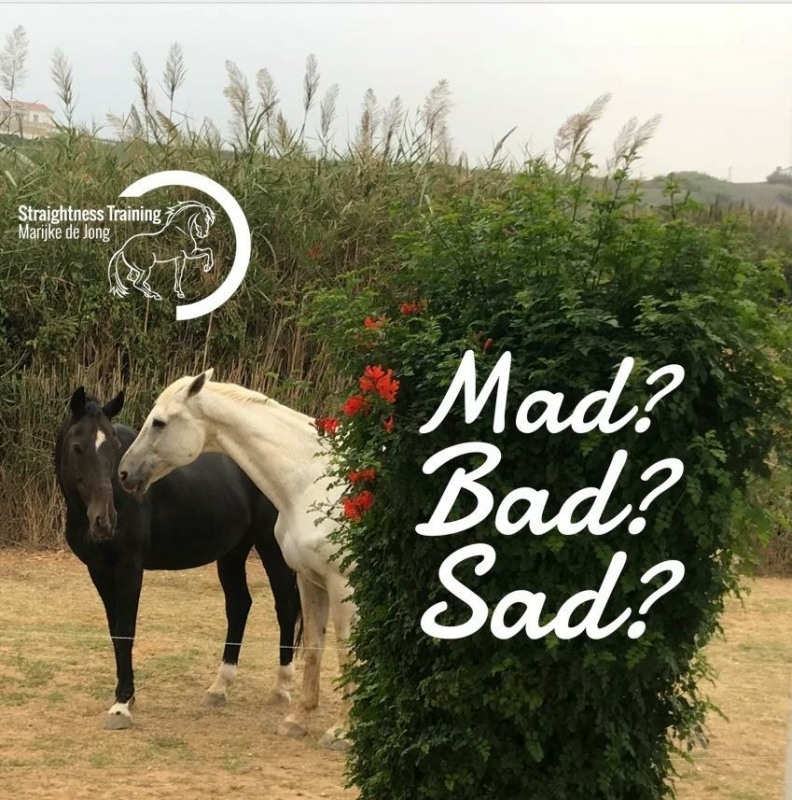
Whenever we think of the past, it brings back memories.
Now there are good memories, but we all experienced “bad things” in the past.
However, whatever happened, whatever challenges you faced in the past, you getting mad, bad, or sad is not the solution.
Feeling bad, mad, or sad would be just one more problem.
So when you experience pain, anger, or misery, it’s time to look within you, not around you.
Remember:
Nobody can make you feel bad, mad, or sad without your consent.
So if you feel mad, bad or sad about the past, here are 7 strategies to shake off it off and feel happy again.
But before we dive into the strategies, first some questions:
Which “timeline” do you use?
We all have the ability to remember what happened in the past and imagine our dreams coming true in the future.
Inside our head, we can “see” our past and our future somewhere on a sort of “timeline”.
To discover your timeline, you could do the following exercise:
1. Think about that you’re grooming the very first horse you ever touched in your life. Notice where you represent your “inner picture” about it.
2. Next, think about grooming your horse one year ago. Notice the location.
3. Think about grooming your horse today. Notice where your “inner picture” about it is.
4. Think about grooming your horse in one year. Again, notice the location.
5. Again in 10 years.
When you notice where each “inner picture” is you can create an imaginary line connecting all the pictures: this is your timeline!
In general, riders have a tendency to position their timeline in one of the two following ways:
A. The “skyline” timeline ↔️
With this timeline, it’s like if we’re looking at a skyline.
This means, when we remember things in the past or imagine the future, we have all our “inner pictures” about it in front of us as if they are on the horizon:
- Memories of the past are on the left of the skyline.
- The present is located straight in front of us.
- Our visions for the future decade are on the right.
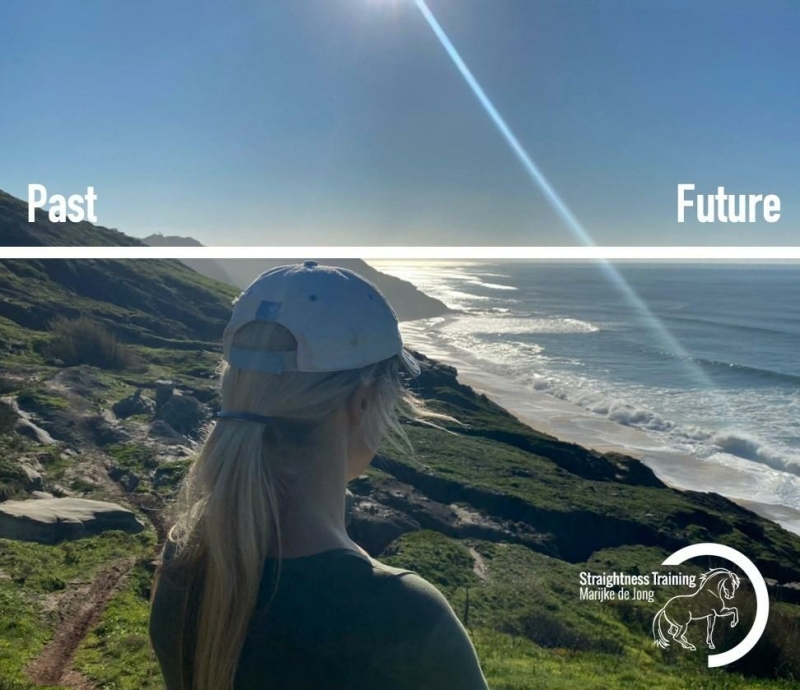
B. The “skateboard” timeline
With this timeline, it’s like we’re standing on a skateboard, which means, we have only some of our “inner pictures” in front of us:
- Memories of the past decade are located behind us.
- The present is located where we stand on the skateboard.
- The visions for the future decade are in front of us.
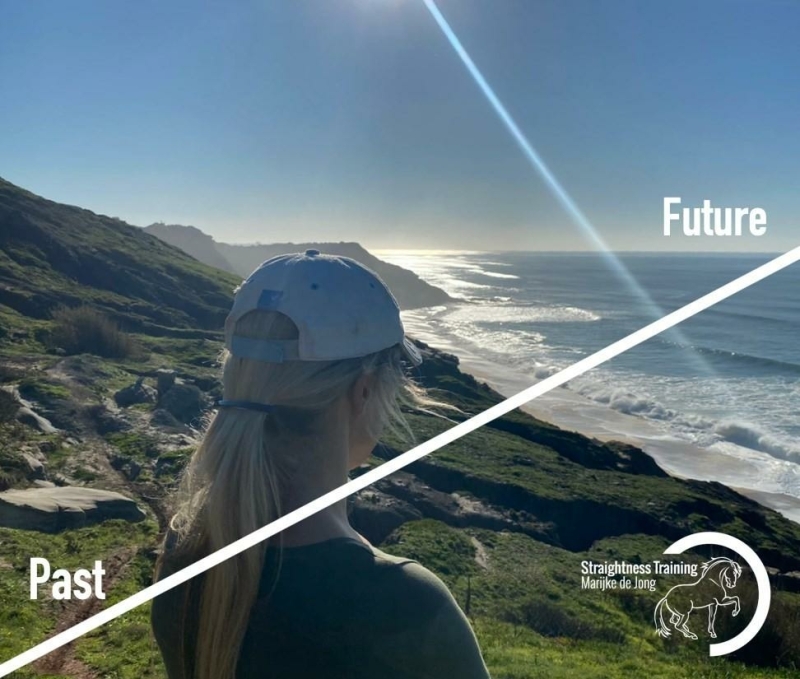
Now there is no “right” or “wrong” way to have our timeline, and varients are possible, what matters is that we are aware of the effect of our timeline.
What’s The Effect?
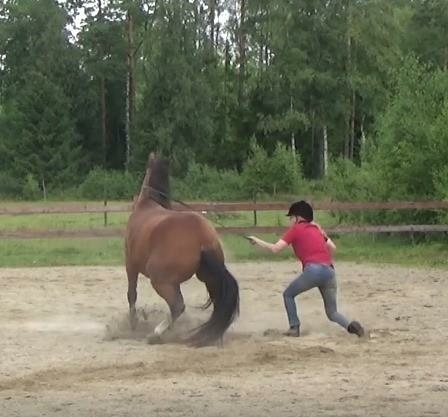
To see what the effect is, let’s think of an incident that happened in the past, for example:
- A horse bucked you off.
- You lost control of a horse.
- A horse stepped on your foot.
- You got injured.
- You felt inadequate in a certain situation.
- Someone criticized you.
- You didn’t pass a certain exam.
- You could not live up to your previous performances.
Riders with “Skateboard” timelines usually don’t think about the past very often and don’t remember the past very much, because it’s literally behind them. For example, they fell off a horse once, they took the lesson from it, changed their approach, got on with their lives, and no longer think about it. They ride happily ever after.
Riders with “Skyline” timelines generally remember the past easily, because all events and happenings and incidents are in front of them, so they can keep looking at it clearly and closely. For example, they fell off a horse once, but they “look” at this incident and think about it over and over again, and not only that, they often make it worse as it was, blow it out of proportion, and start to generalize. They are scared to ride horses.
Same incident, different timelines, totally different effects.
That’s because when the past is on a timeline in front of us, we can easily keep reviewing the past over and over again.
What Happens If We Keep Reviewing The Past?
If the past has a lot of good memories and it creates good inner pictures and inner feelings, that’s great!
However, we all experienced “bad things” in the past, for example:
- A fall off a horse,
- an injury,
- sickness,
- an accident,
- death,
- a horrible school teacher,
- a tough riding instructor,
- a challenging childhood,
- a critical father,
- a difficult mother,
- a trauma,
- a bad relationship,
- verbal attacks,
- someone mistreated us,
- and so on.
Then thinking about it creates a series of inner pictures.
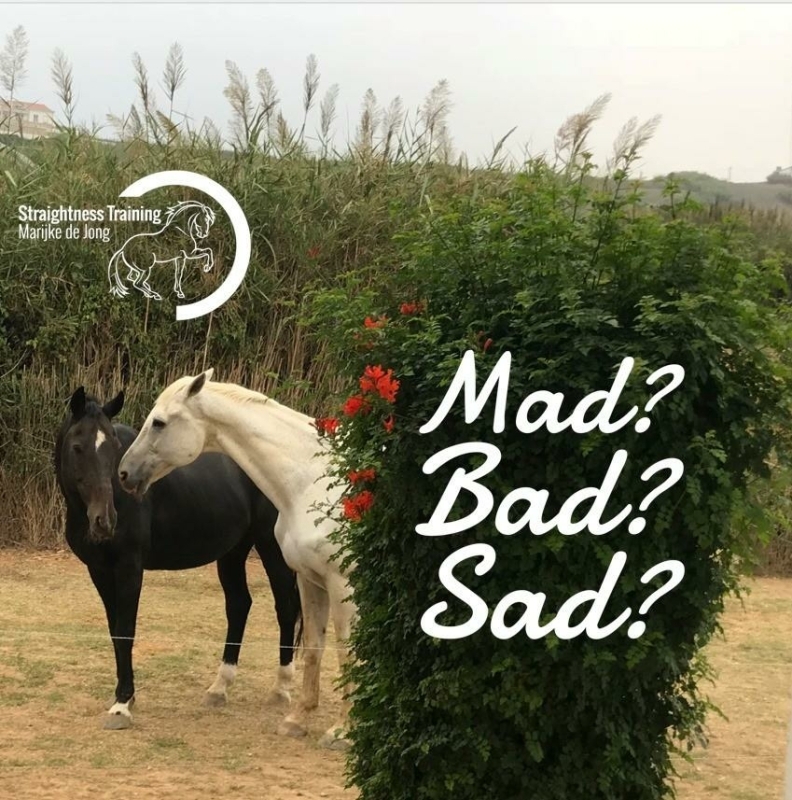
And the moment we replay this inner “movie” of what happened in the past – seeing it in full-color, life-size, bright, close, with loud sounds, and in an associated way – then it’s easy for us to slip into one of the following inner feelings:
- Feeling bad. The moment we think about what happened in the past we still start to feel bad about ourselves. We blame ourselves and say something like “How come I can never get this right?”, or “Why am I such an idiot?”, or “Only someone like me can make such a stupid mistake!”, or “I’m just not good enough”.
- Feeling mad. The moment we remind ourselves of what happened, we get angry and upset about it again. We blamesomeone or something for what happened to us: “That situation destroyed everything for me!”, or “That person ruined my life!”, or “That incident made me suffer forever”.
- Feeling sad. The moment we remember what happened, we feel a victim of it. We complain and ask ourselves: “Why me?”, “Why has this been happening to me?”, or “Why is he/she/it/life out to get me?”, or “It’s not fair, why is everyone better off than me?”
But’s it’s “cause & effect”:
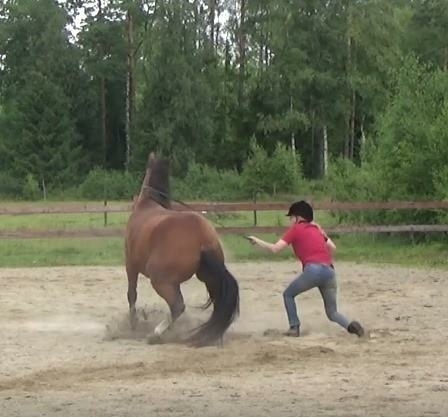
Inner pictures lead to inner feelings.
Which means, if we keep reviewing “bad” things on our inner time line clearly in front of us, over and over again, then it seems like it’s still happening now.
And this creates bad feelings that we experience right now.
In other words:
Re-viewing leads to re-living it!
And if we remember what happened over and over again this will intensify the feelings!
Plus, if we do something over and over again it becomes a habit!
So to create awareness, we should ask ourselves:
- How much time do you habitually spend feeling bad, mad or sad about the past?
And the second question is:
What’s the Long-Term “Waste”?
Imagine that we think for, let’s say, 10 minutes each day about this “bad thing” in the past:
That’s at least 60 minutes a week we spend on remembering.
That’s 5 hours a month.
52 hours a year.
520 hours in the next decade.
5200 hours of feeling bad, bad, sad…
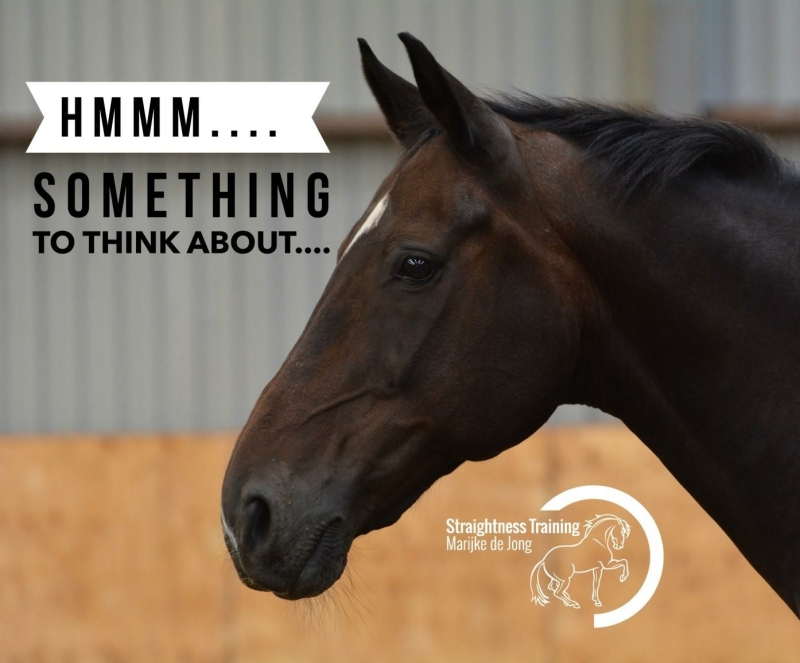
Here’s another example:
Imagine, that we think 10 minutes here, 5 minutes there, 3 minutes here, 20 minutes there about something “bad” in the past.
Imagine, that those minutes add up to 1 hour a day thinking about something “bad’ in the past.
That’s 365 hours a year.
3650 hours in the next 10 years.
So we’re planning to spend 3650 hours feeling bad, mad, or sad for the next 10 years…
Imagine the loss we’re going to have if we don’t change our habitual way of pondering about the past.
So we have to ask ourselves:
What Could Be Done Instead?
Remember what we could do with those 3650 hours:
- Converted that’s 456 workdays of 8 hours in which, for example, we could train horses or help other people with advice.
- Also, that’s 91 workweeks of 40 hours in which we could, for example, complete a course or a project.
So if you no longer want to waste time, you have to put your memories that haunt you where they belong: in the past!
Including:
- Your limiting beliefs that you created in the past
- Your repeating bad thoughts
- You talking to yourself in a pessimistic way
- Self-criticism
- The stories you made up
- Your poor decisions
- Bad relationship choices
- Useless fears
- and other disempowering things.
Just put them where they belong: in the past!
This way, you get back thousands of hours in the next 10 years!
And that’s good news if you’re always running out of time!
Not Enough Time?
A lot of riders say “I don’t have enough time” to do or start something…
… but yet the amount of time they spend thinking about the past and pondering about things that they can’t do anything about is enormous!
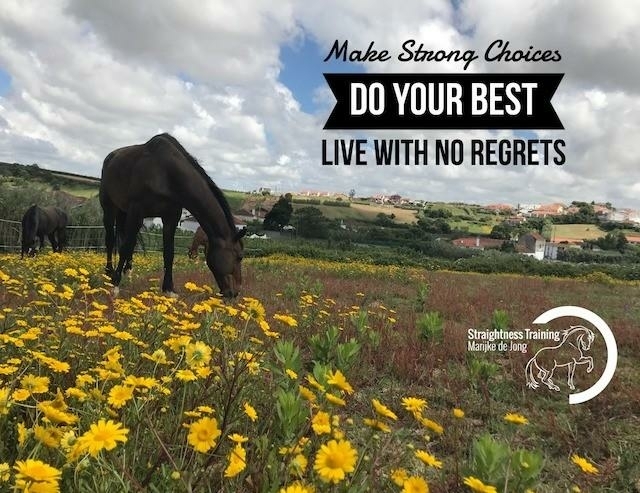
So then it’s not a matter of “time management“, but more about “mind management”! What should we do:
- Spending time dwelling on our past, rather than creating quality time with horses, friends, and family?
- Spending far too much time regretting the past and not enough time getting to have fun?
We all have 24 hours in a day, so make strong choices!
Choose how to spend your time and get back thousands of hours!
Remember Expedition #9:
“It’s Always Me!”
Now I’m not saying that there aren’t things on the outside that don’t make things rough, tough or complicated.
I’m saying that most of the struggles come from the inside.
Especially, if we make the past worse in our mind than it really was: the more we exaggerate things in our mind, the more we blow it out of proportion in our head, the more we make them more detailed, the more we act as those things are still real, the more trouble we will create for ourselves!
If we remember the criticism of our parent, teacher, instructor, or friend, and play it over and over again, and re-live the conversation in our mind, and re-play this movie larger than life, then we think ourselves into more problems!
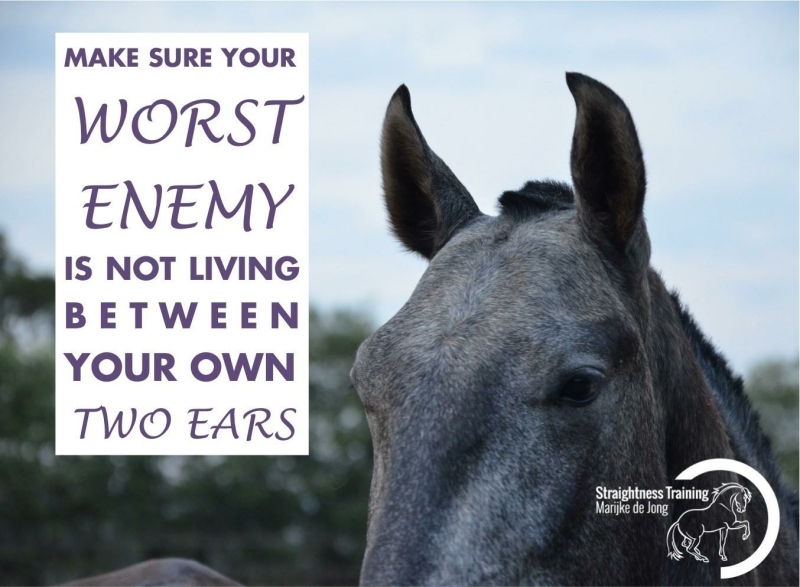
Just ask yourself:
- Who’s asking youto spend 10 minutes each day on something “bad” in the past that you can’t do anything about?
- Who’s forcing youto spend 5 hours each month on a “bad” thing in the past that is out of your control and cannot be changed?
- Who’s making you feel bad, mad, sadfor 3650 hours in the next 10 years?
It’s not that horrible teacher.
It’s not that scary horse.
It’s not your difficult mother or father.
It’s not that “hater” on social media.
No one is making you remember and running the same movie in your mind over and over again.
So who’s beating you up?
Who’s fighting you?
Who’s your worst enemy?
Who’s wasting your time?
- It must be you!
So stop getting in your own way!
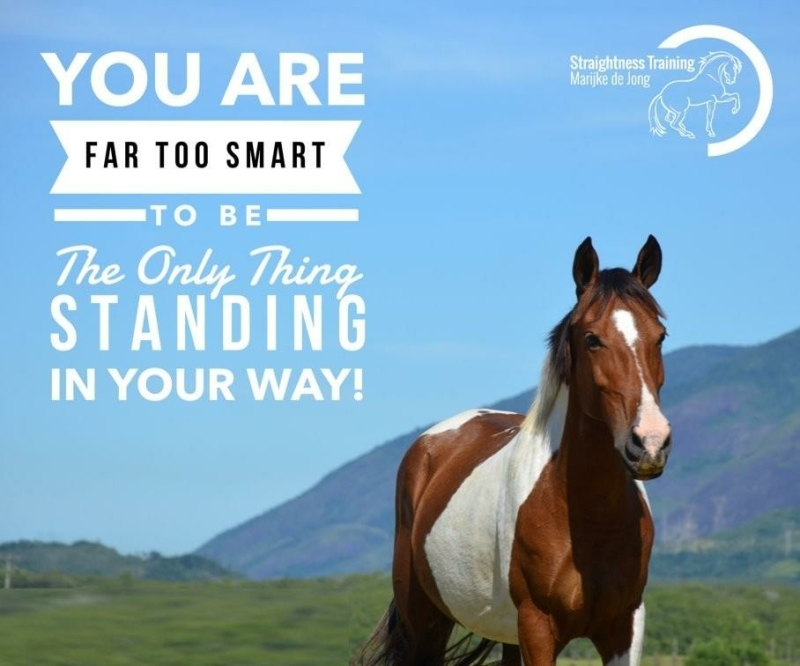
Of course, some people want to hang on to their problems, because they make them feel special and unique. Other people embrace the idea that they are a victim of the past as it gives them an identity.
But if you prefer to be smart and spend your time well and wisely so you can build new, good memories in the next decade, then the seven strategies below might be useful.
Again, those strategies don’t mean that your challenging past doesn’t matter.
It just means that it can be helpful if we keep seeing things in perspective and choose to make the best of this moment, and not take our precious time left here on this earth for granted.
The smarter we are, the more we’ll get to do and create things and feel fulfilled in the future!
So here they are:
Strategy #1: Just Stop It
The first suggestion sounds simple:
We all have opportunity to stop ourselves from feeling bad, mad, sad about things that aren’t really happening now.
Simply ask yourself:
- “Do I really want to relive this again?”
- “Do I really want to feel bad, mad, sad – again?”
- “Do I want to spend another hour on this?”
- “Do I want to spend my time feeling bad, mad, sad about something that happened 10 years ago?”
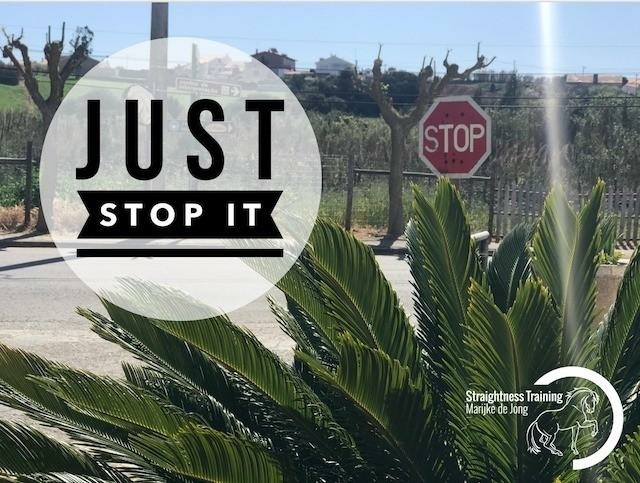
If the answer is no, then just stop it, and say to yourself:
- “I no longer beat myself up!”
- “I’m tired of wasting my time!”
- “This is stupid!”
- “I’m just not doing this anymore!”
- “I’m fed up with this!”
- “Enough is enough!”
By making this choice, you get back thousands of hours in the next 10 years!
“Just stop it” whenever a bad thought pops up in your mind or whenever a memory starts haunting you.
However:
For some of us, this sounds impossible!
It just feels like we just cannot stop it.
Then another option is to plan ahead:
Strategy #2: Plan Your Pondering
When you think you can’t help thinking about the past and say something like “I just keep doing it…”.
Then say to yourself:
“Just means only!”
Only you keep doing it, because nobody is forcing you to think about it.
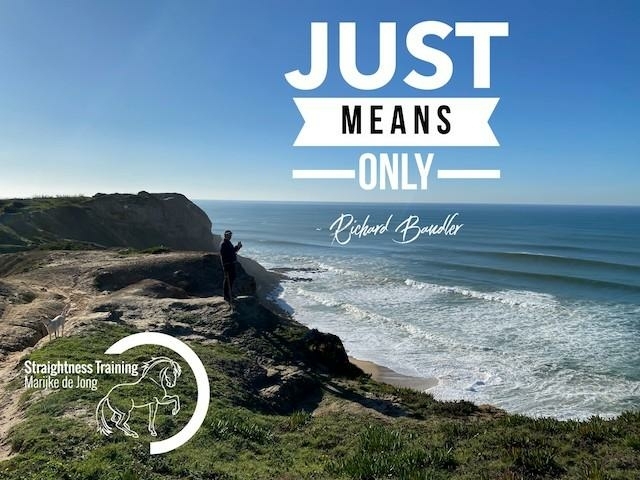
So if you just keep pondering about the past, then at least make a plan to limit the “waste” of your precious time:
- Decide how much time you want to spend – today, tomorrow, this week, this month, this year, this decade.
- Decide when you’re going to do it.
- Put an alarm clock to the amount of time you want to spend.
- When time is up, stop pondering about something you cannot change and isn’t really happening now.
- The rest of the day, forget about the past, so it doesn’t bother you in the present and future.
However:
For some of us, it seems we cannot control our thoughts and the flashbacks seems to control us in some way, like it’s something that we have to listen to whenever it pops up.
Or our past might feel so overwhelming that there’s this sense that it’s always with us, that it never goes away, that it never leaves us.
Then, if a thought about the past pops up outside of our scheduled time frame, or if a memory flashes back involuntary, we can choose to witness that.
Strategy #3: Witness Your Thoughts
Witnessing is a more objective experience than thinking or remembering and it can help us to put things in perspective.
Some of us live our life with this idea that thoughts and our past define us, or they think about their challenges as their permanent state of being.
They something like “I’m the kind of person who…” which makes them very rigid.
But when we start to witness our mind we start to see that it’s actually not really how it is:
- We have peaks and throughs.
- A memory is not always as strong.
- Some times we think about the past but some times we don’t think about it at all.
The more we see that, the more we break that illusion that it’s something permanent, that it’s part of us, that it’s who we are.
The more we witness our thoughts, the more we start to see that thoughts just come and go, the more we start to see that they’re transitory in nature.
We’ll notice that even the same thought might be coming back every day, but it always goes away!
So what we think is so permanent and solid and rigid and tangible, it’s actually quite elusive.
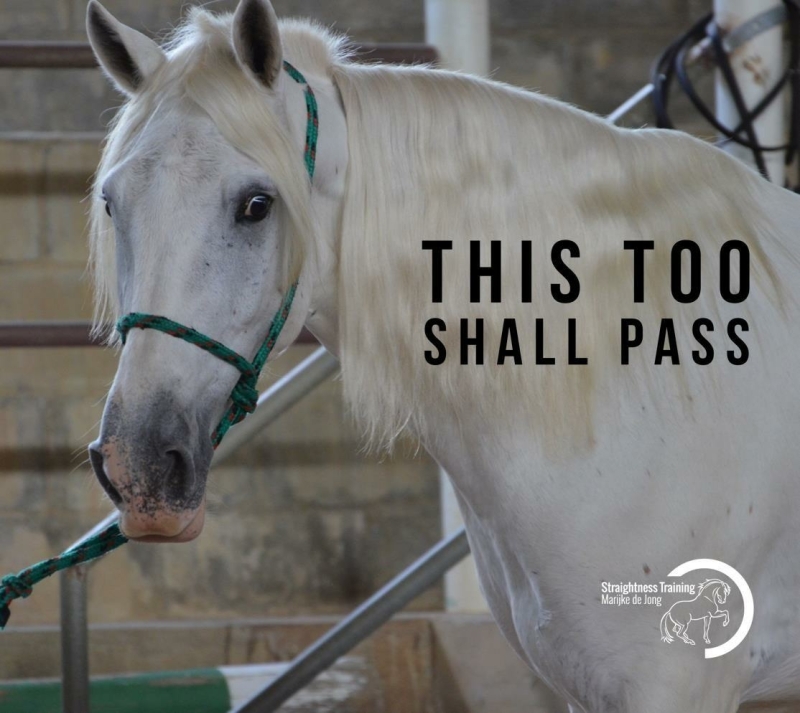
Once we recognize the impermanence and witness how quickly thoughts come and go, we can decide to rest in the idea that this too shall pass.
We’re able to witness the coming and going of memories, rather than buying into every thought and thinking that we have to follow through with that pattern and behavior of feeling bad, mad or sad! Just because a thought arises in our mind, it doesn’t mean that we have to follow it! The moment we realize this, then we’re no longer at the mercy of our thoughts.
So by practicing the skill of witnessing, it makes us less rigid because we’re starting to create this space where we can be more selective in the way we engage with our thoughts.
By becoming an observer, we’re able to see the thoughts about the past and then choose whether to engage with it if it’s helpful or productive in some way, or to let go of it if it’s making us feel bad, mad, or sad.
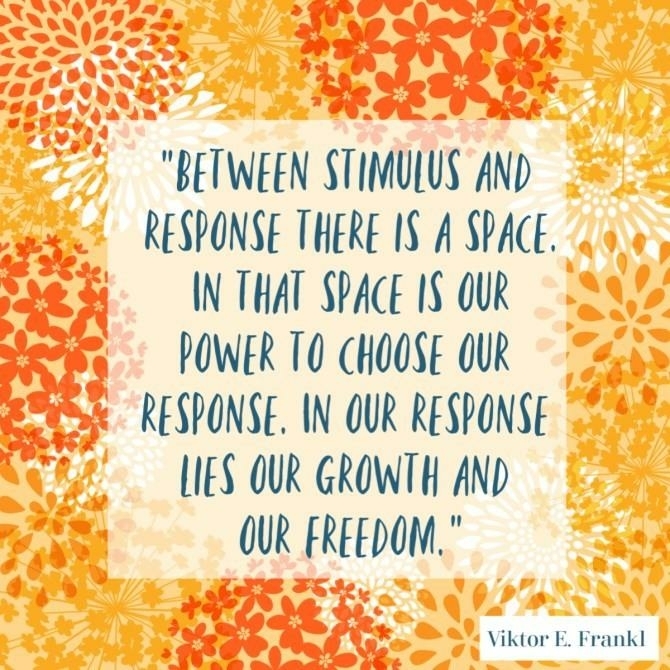
Strategy #4: Ask Better Questions
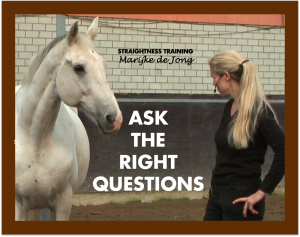
Another strategy if you can’t help thinking about the past is to ask yourself constructive and empowering questions.
Most of the time, people ask themselves the same disempowering questions over and over again, suchs as “Why me?”, “What’s wrong with me?”. Then the brain will come up with the same disempowering answer.
So we need to ask ourselves better questions.
By asking ourselves new and different questions we can break through habitual patterns of thinking and feeling, for example:
- What’s the good in this? Whatever you’ve been through, did it empower you to be the change you want to see? Did your past struggles contributed to the strong, wise person you are today? Did it change you for the better? Did you became a positive role model for others who are able to benefit from your experiences?
- What did you learn? Did your challenging past gave you a chance to grow and be there for others who are experiencing many of the same things you did? Could you use each situation as a teaching tool and resource of life lessons that you now pass on to others?
- What can you use? What are memories you can hold on to? What memories do you want to associate with and what memories to disassociate with? Can you make a list of everything that worked so you can keep using it? And from everything that didn’t work, could you find a better approach that is serving you right now?
- How do you want to spend your time? Do you want to spend your time feeling bad, mad or sad about something that happened 10 years ago? How does this benefit you? What would you rather do instead? What would be a better use of your time? What’s worth doing? How can you enjoy the process?
- Who or what do you appreciate most in your life right now? What do you feel grateful for? Who feels worse than you? Who is going through a more difficult situation than you? How can you appreciate what you have and make the best of this moment? What makes you happy? How can you have more fun?
- What’s the best thing about the past? The best thing about the past is that it’s over! The best thing about the past is that it lies behind!
Choose and use the question(s) that resonates mostly with you and that helps you break through old patterns and habits.
And if this just doesn’t work for you, here’s another suggestion:
Strategy #5: Put The Past “Behind” You
A powerful strategy to get over bad experiences is to reposition your past.
Just take the valuable lessons from the past, and then let go of the past and put it behind you.
This means, if you normally have a “skyline” timeline, shift it with 90 degrees so you’ll end up with the “skateboard” timeline.
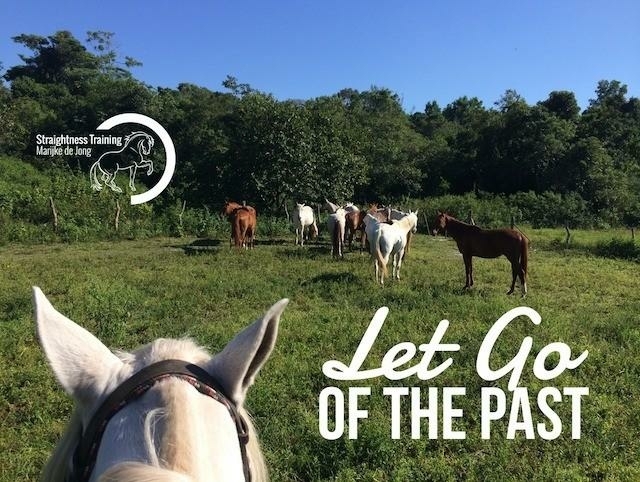
Remember: if you keep focusing on your bad memories, if you keep reliving the past, then you keep feeling bad, mad, or sad.
And all the time you spend feeling bad, mad, or sad, you could be be glad that you feel happy!
So here’s what to do:
- Put the past literally behind you.
- Bring bad memories out of focus.
- Put it far into the distance.
- This way, the size of the bad memory becomes really small.
- Let go and re-aim your life.
Then look forward and start building new, good memories!
Strategy #6: Get To a Bright Future
The best thing about the future is that it’s yet to come!
That’s an empowering belief and make sure to add some more!
Own the belief that you deserve to have a good life. That your past is not your permanent state of being.
Own the belief that you have the ability to get over things. That you can leave the past behind.
Own the belief that you’re self-made. That you’re not a victim of the past.
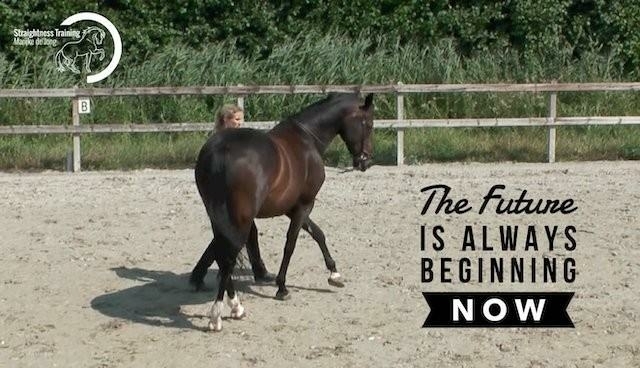
Own those believes now!
Then move towards a compelling future:
- See yourself feeling glad, instead of bad, mad, sad.
- See yourself in satisfying situations!
- Put what you want in the future BIG and bright in front of you!
Remember: Where focus goes, energy flows!
So make a conscious decision on what to believe and what to focus on, control your thoughts and inner pictures and vision for the future, otherwise you won’t be feeling as good as you can be feeling in the next week, month, year, decade!
Strategy #7: Invest Time Well
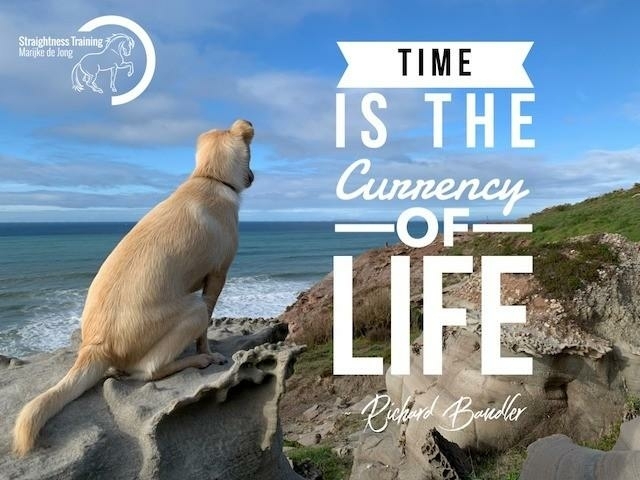
The currency that creates quality of life in the new decade is time!
The more we spend our time feeling happy and fulfilled, the more quality of life.
The more we spend our time feeling bad, mad, sad, the more we truly are wasting the currency of our life.
This means, stop wasting time in the past.
Invest time in something you’d rather do for the next day, week, month, year, decade:
- Get to study.
- Get to learn more about horses.
- Learn a new skill.
- Learn to like yourself.
- Create empowering beliefs.
- Give compliments to yourself.
- Learn to motivate yourself to do stuff.
- Get to exercise.
- Train your horse.
- Contribute to the well-being of your horse!
- Do nice things.
- Go on a holiday.
- Travel.
- Get to meet nice riders.
- Inspire and encourage them.
- Help other riders with advice.
- Get to contribute more to other people.
- Be there for others.
- Pass your life lessons on to others.
- Make a positive difference.
- Be the change you want to see.
- Become a role model for others who will benefit from your experiences.
It’s all about spending your time wisely and well!
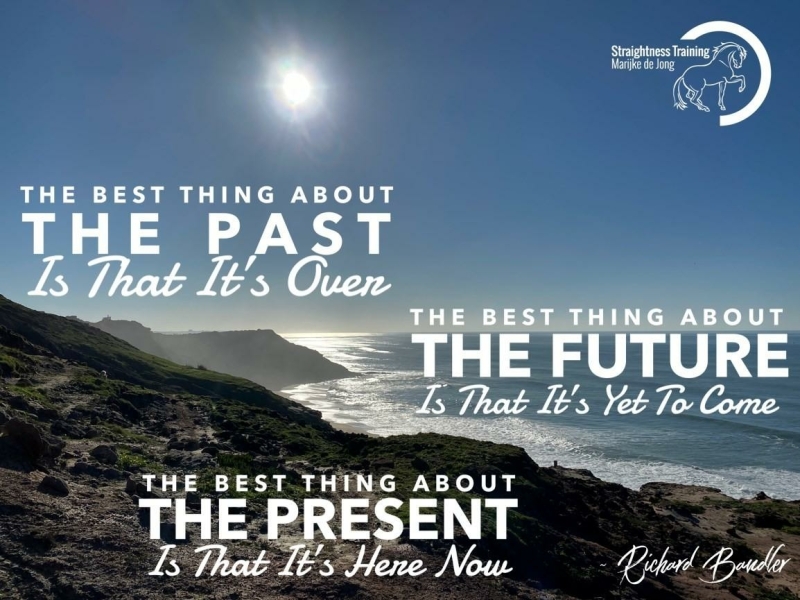
Don’t lose precious moments by feeling bad, mad, sad about the past, instread create good, new memories, and start creating the happy moments of your life right now!
So ask yourself:
What are the three most important areas you want to spend time on over the next 12 months?
________________________________________________
What’s the most important thing that you must be working on this month to get the results you want?
________________________________________________
What are the most useful things to do this week?
________________________________________________
What’s worth doing today?
________________________________________________
What should be a better use of your time in the next hour?
________________________________________________
How can you create more moments that make you feel happy and fulfilled?
________________________________________________
Now keep going, you’re on your way!
